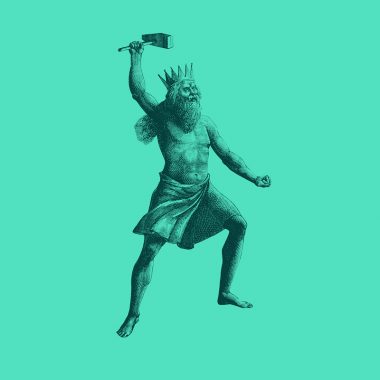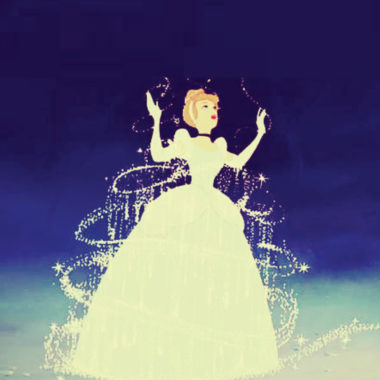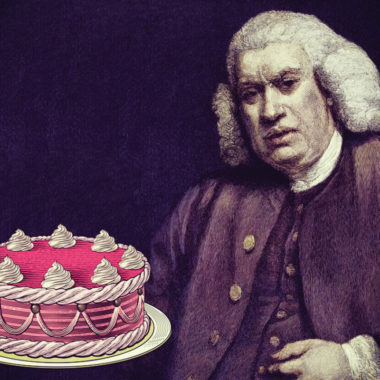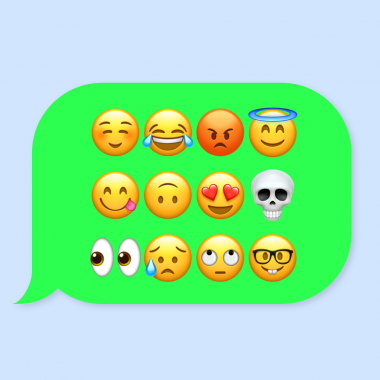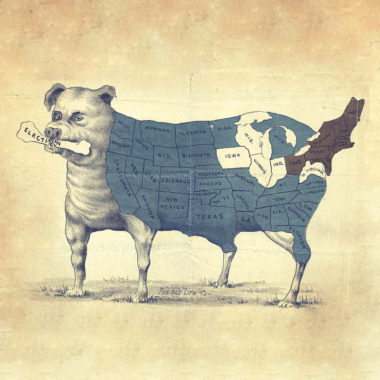Who Is Wednesday Named For?
Where did the name Wednesday come from? Surprise, surprise … Wednesday Addams wasn’t the originator of the name. In fact, the name Wednesday actually derives from two mighty but distinct gods. The Old English word for Wednesday indicates that the day was named for the Germanic god Woden. In Romance languages, the name is derived from the Roman god Mercury. (For example, Wednesday is mercredi in French and miercuri …
